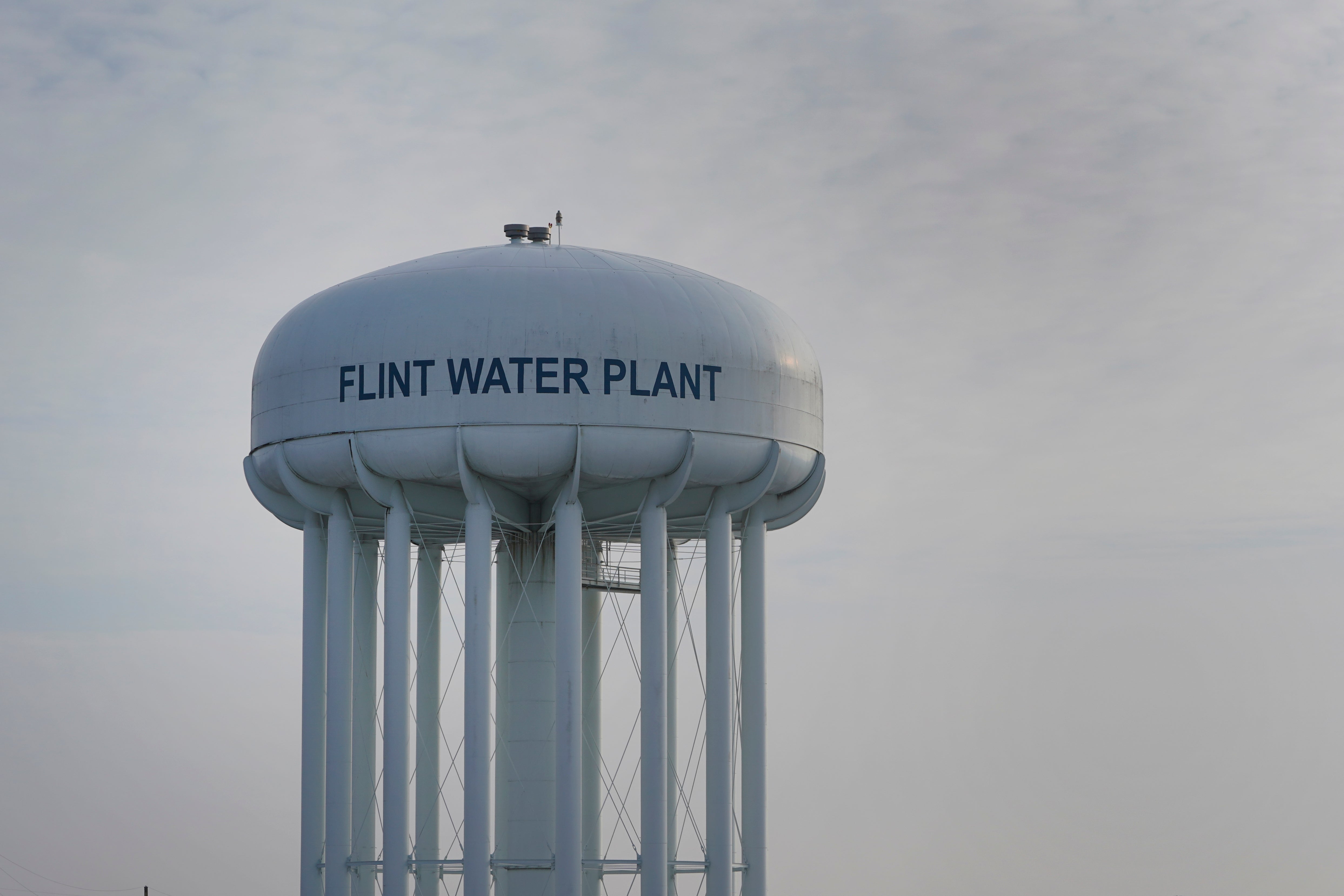Biden EPA to reconsider Trump rule on lead in drinking water
The Biden administration is delaying the effective date of a policy intended to prevent lead pollution of drinking water

Your support helps us to tell the story
From reproductive rights to climate change to Big Tech, The Independent is on the ground when the story is developing. Whether it's investigating the financials of Elon Musk's pro-Trump PAC or producing our latest documentary, 'The A Word', which shines a light on the American women fighting for reproductive rights, we know how important it is to parse out the facts from the messaging.
At such a critical moment in US history, we need reporters on the ground. Your donation allows us to keep sending journalists to speak to both sides of the story.
The Independent is trusted by Americans across the entire political spectrum. And unlike many other quality news outlets, we choose not to lock Americans out of our reporting and analysis with paywalls. We believe quality journalism should be available to everyone, paid for by those who can afford it.
Your support makes all the difference.The Biden administration said Wednesday it was delaying the effective date of a policy intended to prevent lead pollution of drinking water, continuing a decades-old debate over how to remove a serious health hazard to children.
The Environmental Protection Agency said it was suspending a regulatory rewrite completed by the Trump administration in December, which is being challenged in court by numerous states and advocacy groups.
The agency hasn’t decided whether to seek changes but wants to review the revised rule, take public input and consult with affected parties, a spokeswoman said.
Critics contend the new measure is weak and gives public utilities too long to replace aging, lead-tainted pipes such as those that contaminated drinking water in Flint Michigan.
“It is essential that EPA takes the time now to review this important rule to ensure that we are protecting current and future generations,” said Radhika Fox, acting assistant administrator for water.
The overhaul had been scheduled to take effect March 16. Instead, the date was pushed to June 17 to allow comments on an additional proposed delay until Dec. 16.
Also, the agency wants to bump the compliance deadline to Sept. 16, 2024, giving drinking water systems three years to meet the new requirements.
The regulatory update was completed six years after Flint became a national symbol of the longstanding threat from lead, which can disrupt children's brain development, causing learning and behavior problems. Adults also can suffer nervous system and kidney damage.
Residents of the majority-black city and advocacy groups say systemic racism affected decisions that caused the contamination and the slow government response.
The Trump administration's overhaul requires utilities to test water at schools and day care centers and to disclose the location of lead-containing service lines, which run from main water pipes to homes. It also toughens testing procedures.
But environmental groups said it would give water systems up to 33 years to replace an estimated 6 million remaining lead service lines, instead of 14 years under the previous rule.
Andrew Wheeler former EPA chief, said in December when the rule was announced that loopholes in the old rule were letting pipe replacements take too long.
The Biden administration's proposed delay is “a positive sign that the agency is finally going to get serious” about strengthening the regulations, said Erik Olson, senior strategic director for health with the Natural Resources Defense Council, one of the groups that sued EPA in federal court over the Trump policy.
“It's about time we saw action to fix this scourge that has been with us for more than 100 years of contaminated water across the country,” he said.
Water systems will continue developing lead service line inventories and replacement plans as the review takes place, said Steve Via, director of federal relations for the American Waterworks Association, which represents water utilities and supports the Trump policy.
“What will be great from a water system perspective is having some certainty so funds can be allocated to get the tasks done that need to be done,” Via said.